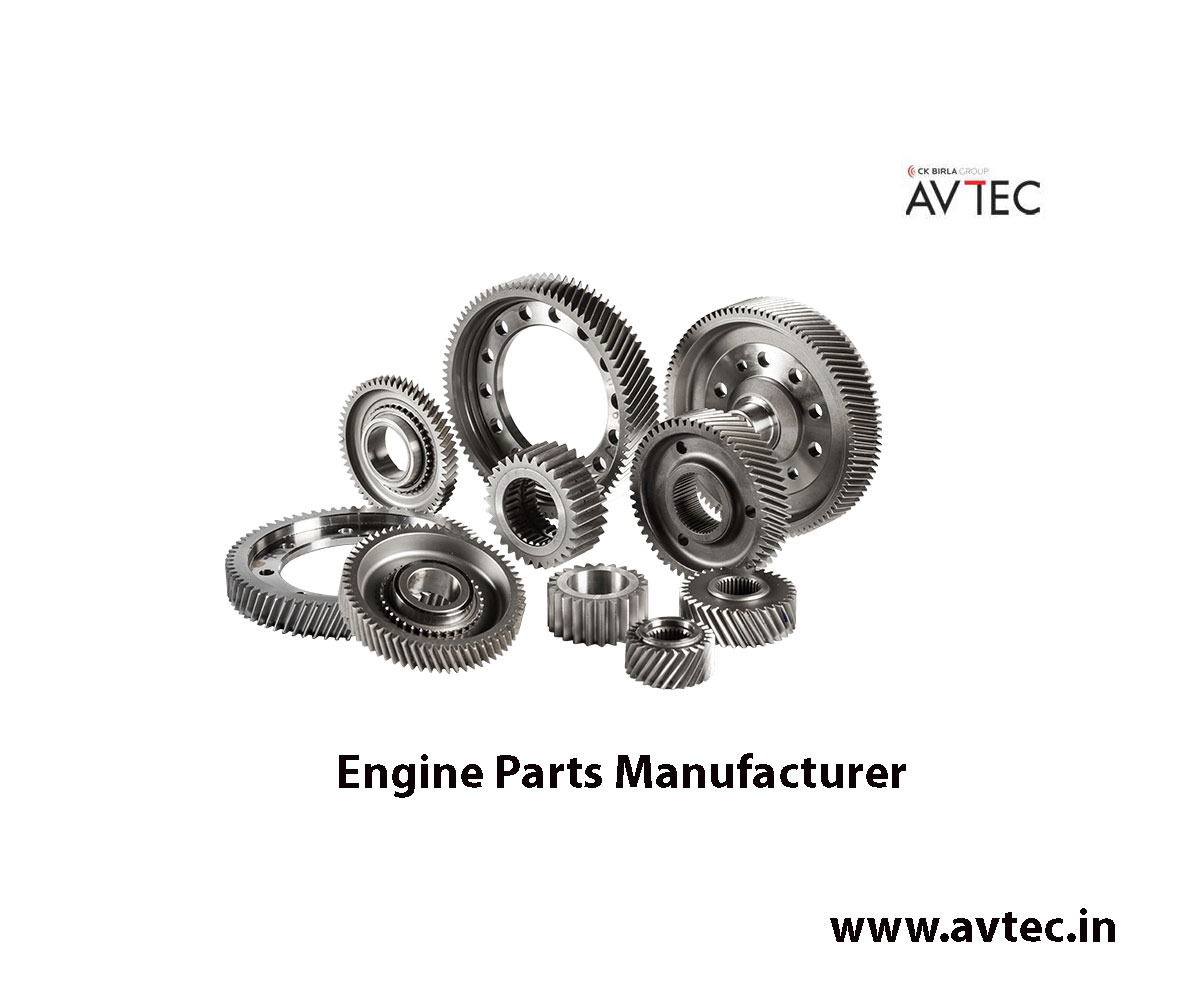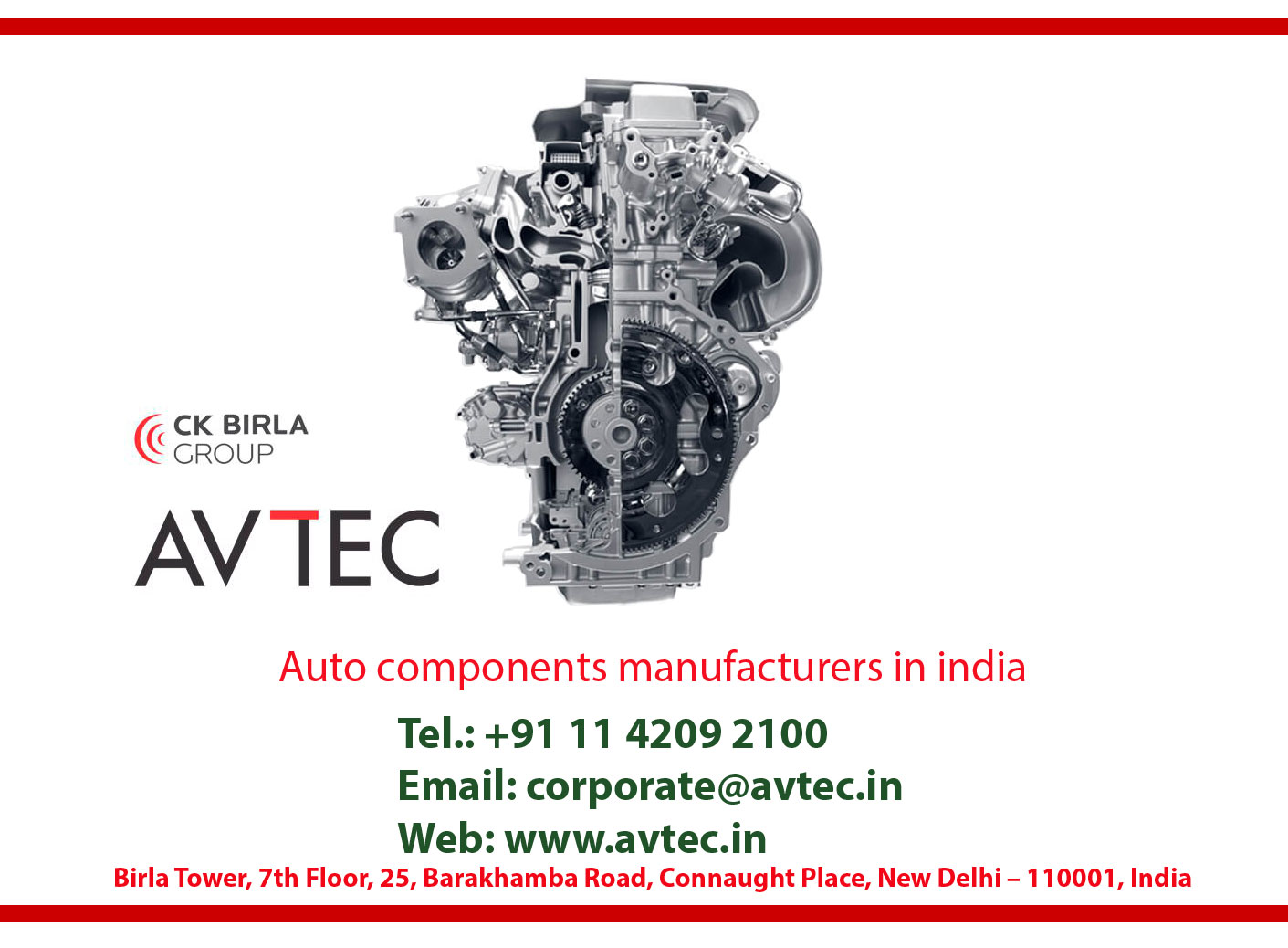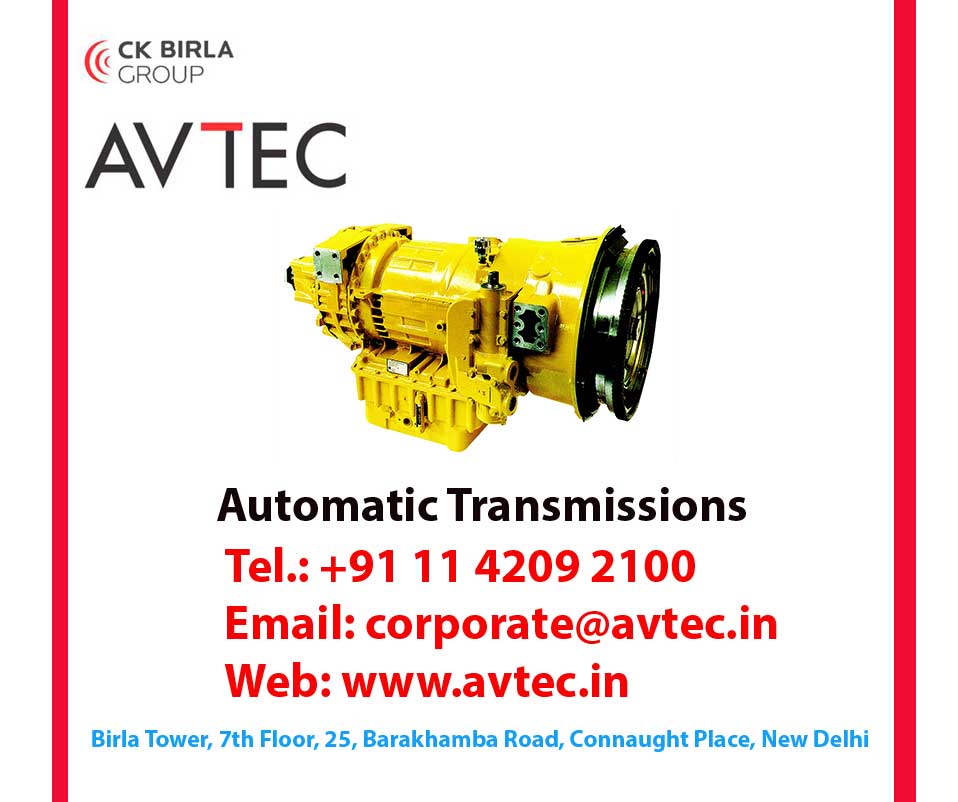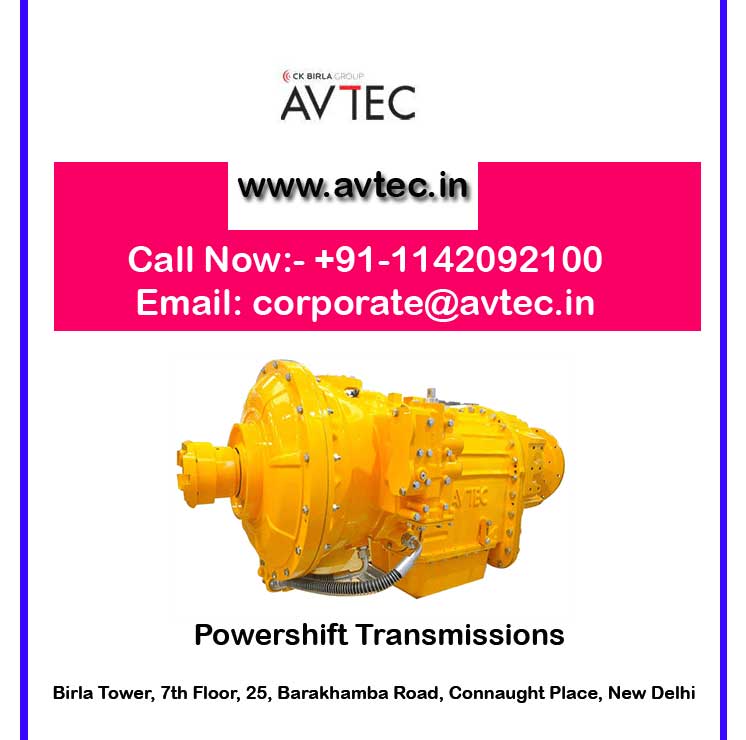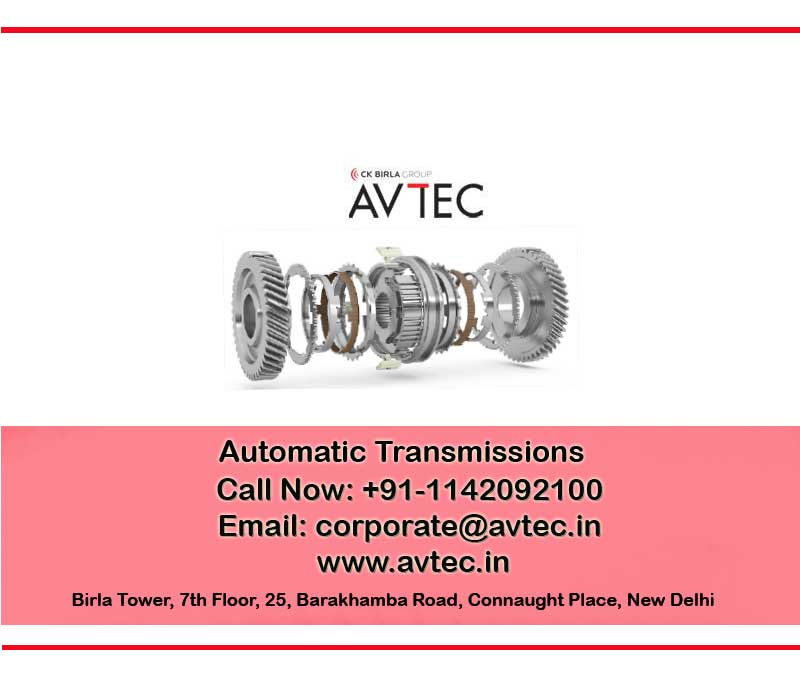It is the process of the presence of a system in a vehicle that automatically changes its speed and gear without the complete individual control of the driver. These come under automation because of the presence of a gearbox that teds to shift gears basis the presence of sensors in the car and the movements of the traffic.
Categories:
Vehicles when it comes to its controls are divided into categories of
- Automatic transmission
- Manual transmission
The manual transmission requires the full control of the driver in controlling the vehicle.
The major difference between them-
The major difference between manual transmissions and automatic transmissions are –
· The absence of the ‘clutch Pedal’.
· The absence of ‘gear shift’.
Automatic transmission- as a concept
This concept works under the principle concept of using the internal oil pressure to shift gears as per the built-in sensors of the vehicle without the intervention of the driver.
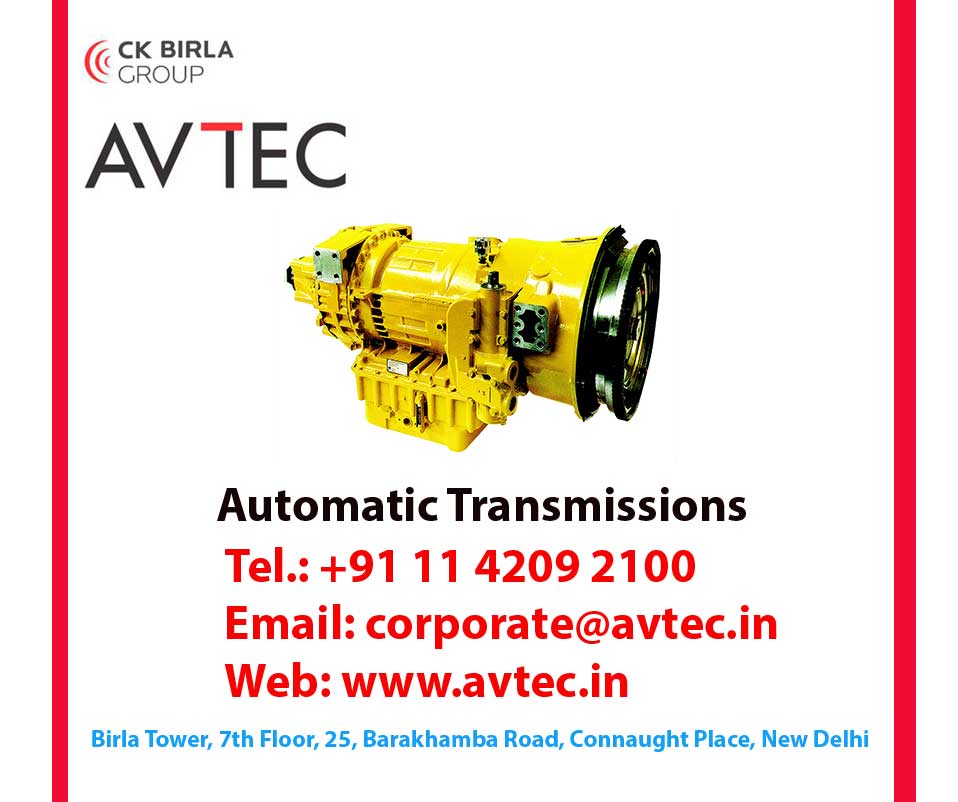
The engine connects to the transmission at a place called bell housing. This bell housing contains a torque converter for all automatic vehicles instead of a clutch on manual vehicles. The torque converter connects the engine to the transmission to drive a wheel. The transmission contains epicyclic gearsets that are in charge of providing different gear ratios. To get a good understanding of how the whole automation system works, let's have a look at torque converters and planetary gearsets.
Scope in India:
The revolution of the automatic transmission is a huge hit with the Indian population. India with its terrible traffic, worsening road congestion in cities and the increase in fuel efficiency are pushing driving to opt for gearless automatic cars.
The improvement in technology has made automatic transmissions common in most of the cars nowadays. Although it took India some time to make a mark in this space, it is swiftly making up for the lost time by matching its stride with the global leaders of automation.
https://www.avtec.in/avtec-automotive-engines-and-transmissions.php
Categories:
Vehicles when it comes to its controls are divided into categories of
- Automatic transmission
- Manual transmission
The manual transmission requires the full control of the driver in controlling the vehicle.
The major difference between them-
The major difference between manual transmissions and automatic transmissions are –
· The absence of the ‘clutch Pedal’.
· The absence of ‘gear shift’.
Automatic transmission- as a concept
This concept works under the principle concept of using the internal oil pressure to shift gears as per the built-in sensors of the vehicle without the intervention of the driver.

The engine connects to the transmission at a place called bell housing. This bell housing contains a torque converter for all automatic vehicles instead of a clutch on manual vehicles. The torque converter connects the engine to the transmission to drive a wheel. The transmission contains epicyclic gearsets that are in charge of providing different gear ratios. To get a good understanding of how the whole automation system works, let's have a look at torque converters and planetary gearsets.
Scope in India:
The revolution of the automatic transmission is a huge hit with the Indian population. India with its terrible traffic, worsening road congestion in cities and the increase in fuel efficiency are pushing driving to opt for gearless automatic cars.
The improvement in technology has made automatic transmissions common in most of the cars nowadays. Although it took India some time to make a mark in this space, it is swiftly making up for the lost time by matching its stride with the global leaders of automation.
https://www.avtec.in/avtec-automotive-engines-and-transmissions.php
